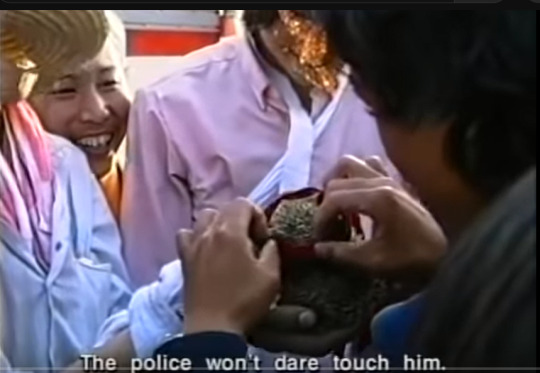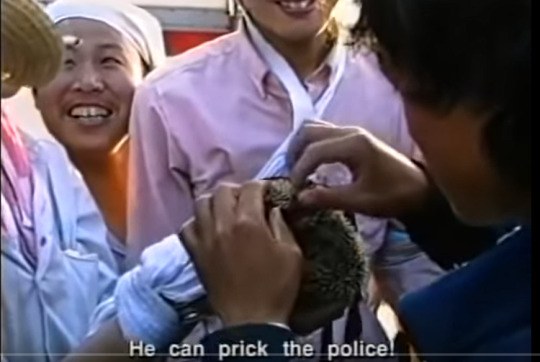#did i ever post this
Text
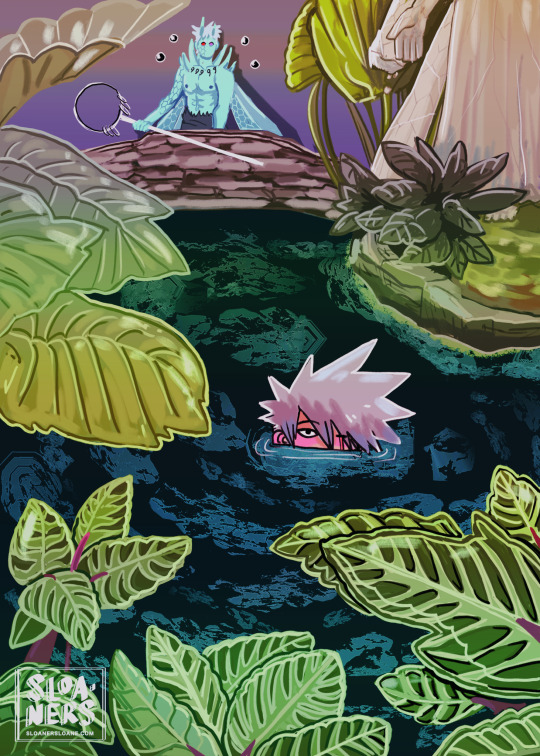
to some it must be paradise
#fan art#naruto#kakaobi#kakashi#obito#obito uchiha#kakashi hatake#juubito#this is based on the indoor garden at Como Park!#did I ever post this#pretend i didn’t if i did#we can blame it on brain worms AKA d e p r e s s i o n
232 notes
·
View notes
Text
Extra posting bc I was going back through my sketchbooks to figure out where I left a note on smth, found this. Still don’t super like it and I actually think they’d be a couple years older when Neil finds its way back to Andrew’s beach but maybe you’ll get a kick out of it 😘
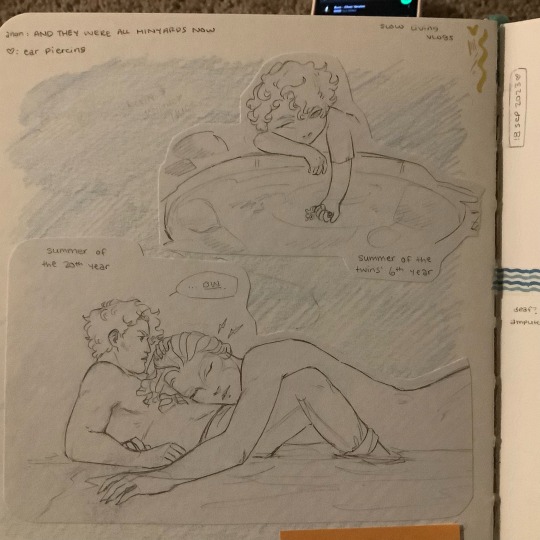
#did I ever post this#sorry for the bad quality lmao#I hope it’s still easily legible#but yeah Neil’s instincts are 1) bite and 2) hey I remember this pillow#neither are comfy rip Andrew#fan art#my art#aftg#all for the game#andrew minyard#jellyfish#jellyNeil#jellyneil au#mer au#sketchbook#shout out to ash’s#Aaron watching andrew leave the house:#why are you wearing a shirt you never wear a shirt to work#Andrew: protection#Aaron: from the sun?#Andrew remembering jellyNeil stinging him and how a sting to the chest is NOT something he wants to repeat: yes#(I could be remembering that wrong actually but I thought it was great#either way)
271 notes
·
View notes
Text

54 notes
·
View notes
Text

Allen⭐
#d gray man#allen walker#d.gray man#did i ever post this#hello im bacc again#my doodles tag#gonna keep posting all the old artsies
345 notes
·
View notes
Text


happy mkku sunday
#did i ever post this#i dont think so#anyways i forgot the contxt for this#makokuu#makoto x kuusuke#saul goodman#makoto teruhashi#saiki kusuke#saiki kusuo no ψ nan#shitpost#doodle
131 notes
·
View notes
Text
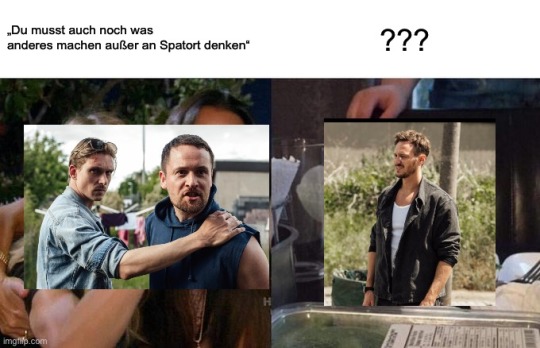
62 notes
·
View notes
Text

#final fantasy 14#ffxiv#ffxiv shitpost#ffxiv shitposting#1776 movie#1776 musical#did i ever post this#ah well#seems appropriate#but a day late#made this when data center travel started#ffxiv balmung
46 notes
·
View notes
Text

#did i ever post this#girlblogging#lana del rey#pink#dollete#dollete aesthetic#coqette#pink aesthetic#girlblogger#girl blogging#angelcore#did you know that there’s a tunnel under ocean blvd#ddyttatuob
19 notes
·
View notes
Text
Maurice: Communication in Practice
Maurice, written by E.M. Forster, has found its niche to the people of the world that recognizes the universal queer experiences depicted in the book. Maurice utilizes communication methods, both verbal and nonverbal, to express queer identity in high society England.
Artifacts are used to display one’s identity. In the faithful 1987 film adaptation of the same name, Alec wears flat caps; trousers; and boots to communicate his status as a working class man, but he is clean of dirt, despite his outdoor work, to show his family's status as respectable business men. The only time he is seen wearing a suit, resembling Clive’s personal style, is when he goes to the city to visit Maurice. This communicates a challenge to the class system itself, which Alec expresses verbally when he tells Maurice “I’m as good as you.”
The terms “gay” or “homosexual” were not commonly used in Maurice’s time. Despite the book never using the word, the book still describes this identity through ambiguous imagery and coded language. Maurice Hall describes himself as an “unspeakable of the Oscar Wilde sort”. This disproves the theory of linguistic determinism. Linguistic determinism states that “we cannot perceive or think about things for which we don’t have names,” (Wood, p. 113). Maurice used Wilde’s public trial, a concept the general public knew, to describe an experience that he doesn’t have words for. This is so he can understand his own identity as well as communicate that identity to others.
During Maurice’s final goodbye to Clive Durham, he explains that he has shared “All I have. Which includes my body,” (Forster, chapter 46) with Alec. “Share” not only refers to the act of sex, but everything else that comes in a romantic relationship. The word itself was intentionally ambiguous for people to assume the complexity of a romantic relationship without explaining everything that comes with it. Maurice doesn’t say the words “trust” or “love”, but its existence is implied because you cannot share nothing in a relationship.
Maurice is as much about Clive as it is about Maurice. Clive agrees with a certain speech community so he can please his mother, appeal to the public, and keep his position as a politician. A speech community is when a group shares an understanding on how communication works (Woods, p. 120). Clive aligns himself with an interpretation of Plato’s Symposium about male friendship. As Clive puts it: “The sole excuse for any relationship between men is that it remains purely platonic,” (Forster, chapter 46). Any physical contact is friendly, nothing more. When Clive kisses Maurice’s hand, it is an act of platonic friendship while remembering the past. For Maurice and Alec, however, this gesture is a sign of romantic and sexual intimacy. Clive expresses disgust when Maurice suggests it meant differently than Clive’s intentions.
Greenwood is the abstract concept of a place beyond society where queer men can express queer love without punishment. Greenwood is only mentioned a handful of times, and it is never described. Greenwood is only shown by the association of embracing human nature and the beauty of the outdoors. This imagery evokes different feelings in different people, the most common one being “hope”, another highly subjective feeling. Forster himself struggled with writing Maurice and Alec in Greenwood because of this. What does living in hope look like?
Maurice is dependent on the language of the time. Without the expectation of behavior depending on things such as gender and social class, there would be no conflict. Maurice would have already been living in Greenwood.
References:
Forster, E. (1971). Maurice. W.W. Norton & Company.Woods, J. (2016). Interpersonal Communication: Everyday Encounters. Cengage Learning.
51 notes
·
View notes
Text
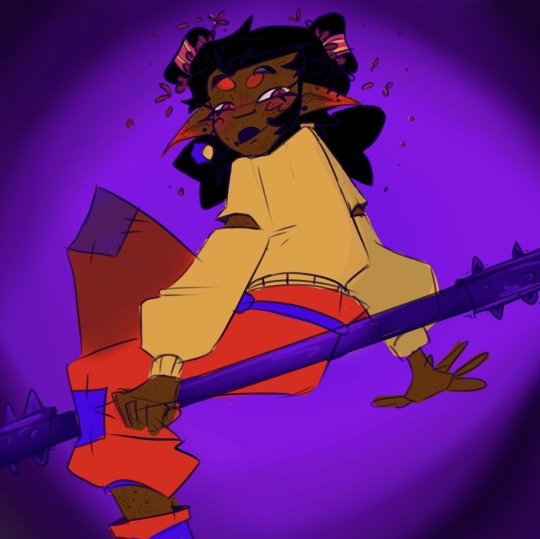



This is some early concept art I have for resting & reflecting/ resting & reflections / reflective resting. I haven’t decided yet.
(I can’t draw this consistently kid to save my life.)
#did i ever post this#lmk#lego monkie kid#monkie kid#lmk nezha#nezha monkie kid#nezha lmk#prince nezha#🪷#kibo’s art corner#Resting & reflection
50 notes
·
View notes
Text
#old edit#did I ever post this#tcf#trash of the count's family#cale henituse#cale#lcf#lout of the count’s family#not mine#kim rok soo#krs#slacker life#?#what slacker life
22 notes
·
View notes
Text

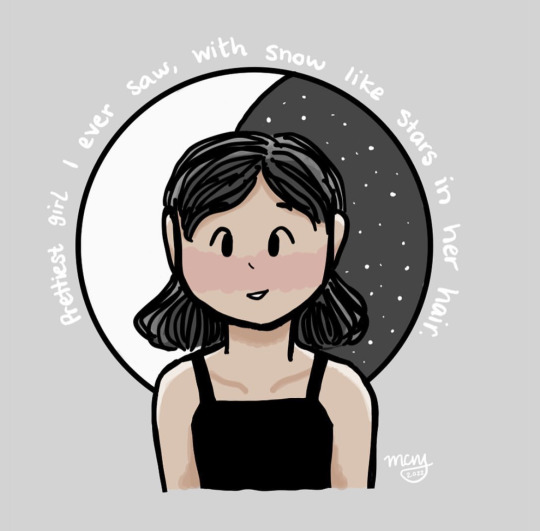
"like a spirit you see only as you're turning a corner, and when you look again, he's gone." // "prettiest girl I ever saw, with snow like stars in her hair."
twitchy and keiko -- we are not free, traci chee
#did I ever post this#keiko and twitchy my beloveds#wanf#we are not free#we are not free fanart#wanf fanart#keiko kimura#twitchy hashimoto#traci chee#mine#my art#fanart#they are a sun/moon couple your honor <3333
5 notes
·
View notes
Photo
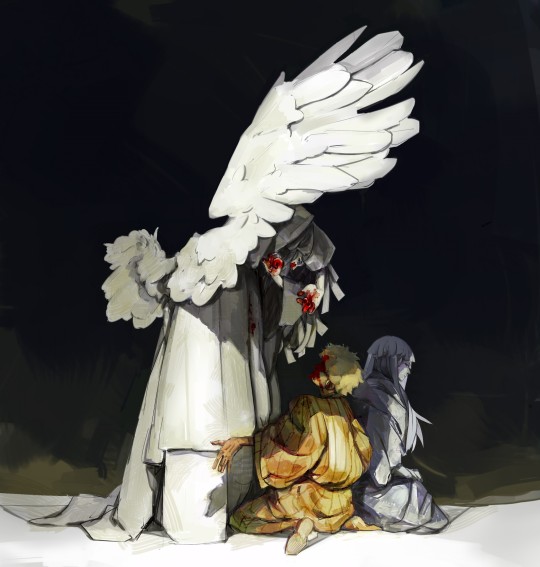

misery mind. bidding and begging
38 notes
·
View notes




